Fate of Black Maternal Health Programs Is Unclear Amid Federal Cuts
Share
Explore Our Galleries
Breaking News!
Today's news and culture by Black and other reporters in the Black and mainstream media.
Ways to Support ABHM?
By Ronnie Cohen | KFF Health News
In California, Black women are at least three times as likely as white women to die from pregnancy-related causes.
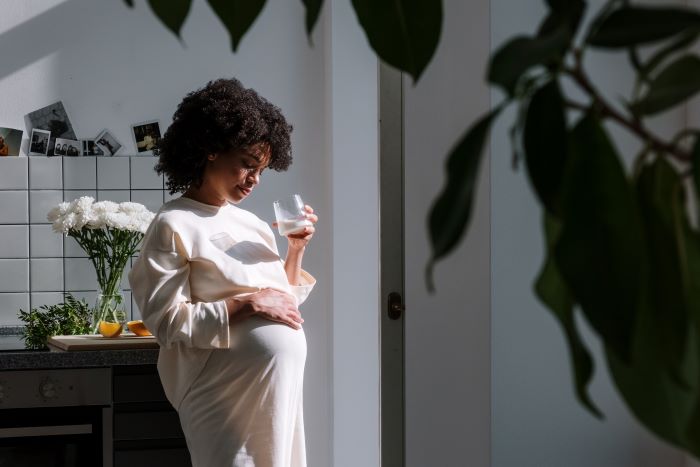
Eboni Tomasek expected to take home her newborn the day after he was born in a San Jose, California, hospital. But, without explanation, hospital staff said they needed to stay a second night. Then a third. A nurse said her son had jaundice. Then said that he didn’t. She wondered if they had confused her with another African American mother. In any event, why couldn’t she and the baby boy she’d named Ezekiel go home?
No one would say. “I asked like three times a day. It was brushed off,” Tomasek said, relaying her story by phone as she cradled Ezekiel, now 6 months old, in their San Jose apartment. She was told only that more tests were being run to ensure “everything’s good before you leave.”
She knew that her intensifying anger and fear about the holdup could raise her blood pressure, that Black pregnant women and new mothers are especially vulnerable to hypertension, and that it could kill her. Distraught, she called the person she most trusted to calm her, a caseworker for Santa Clara County’s Black Infant Health program.
“She really did help me to stay centered,” Tomasek said of the caseworker, who tracked her health throughout the pregnancy. “I felt a lot better.”
Since 2000, approximately 14,000 families have participated in Santa Clara County’s Black Infant Health program and related Perinatal Equity Initiative, both aimed at decreasing racial disparities in maternal and infant health. Enrolled mothers are assigned caseworkers and nurses who visit them at home to monitor blood pressure and other vital signs, help with breastfeeding, and screen infants for developmental delays. The mothers also attend support groups to learn skills to buffer the well-documented effects of racism in obstetric care.
The programs have measurably improved the health of enrolled women over the past decade, county data from 2024 shows, reducing rates of maternal hypertension — a leading cause of pregnancy-related deaths — by at least 30% and increasing screenings for other potentially life-threatening conditions.
Experts in the field and program participants stress that this work is urgent — in California, Black women are at least three times as likely as white women to die from pregnancy-related causes, and, nationally, Black infants have the highest rates of preterm birth and mortality.
Discover more about the risks to Black mothers and how these programs help.
We recognize Black Maternal Health week in April.
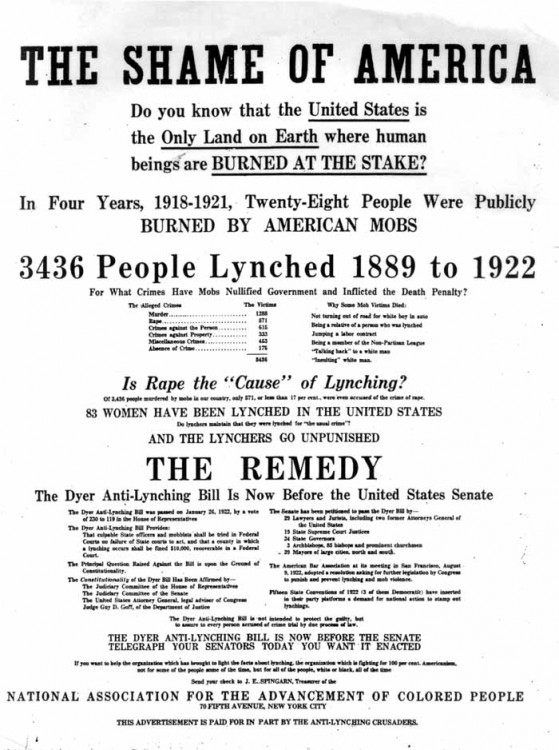
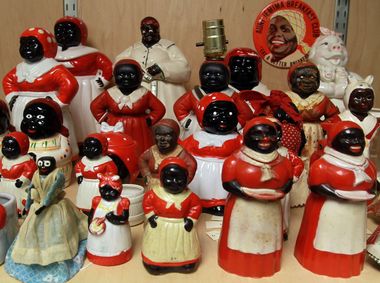
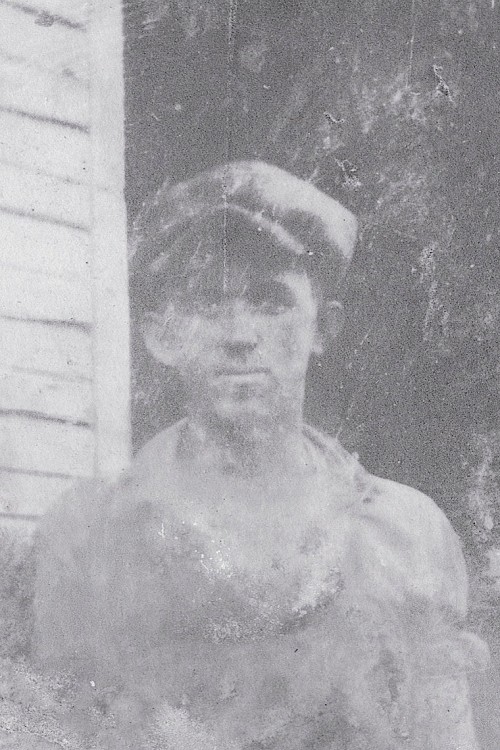
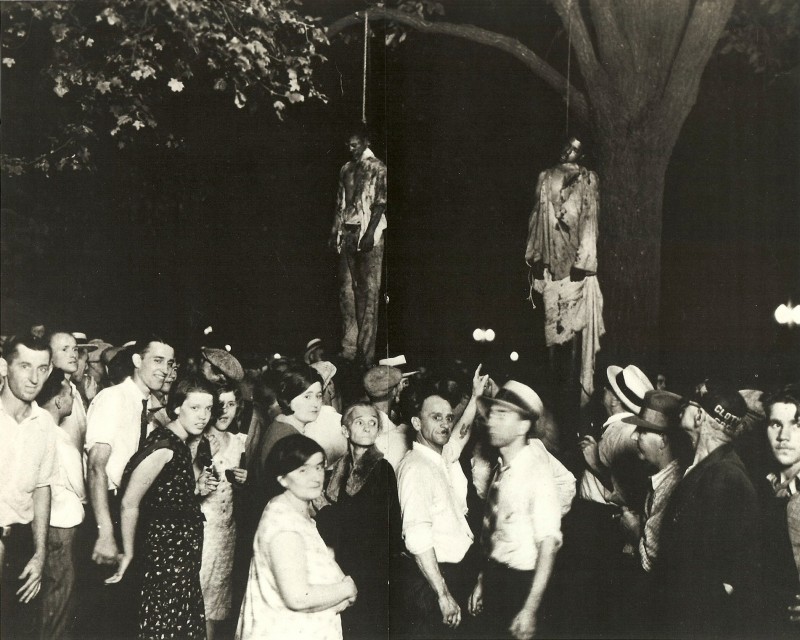
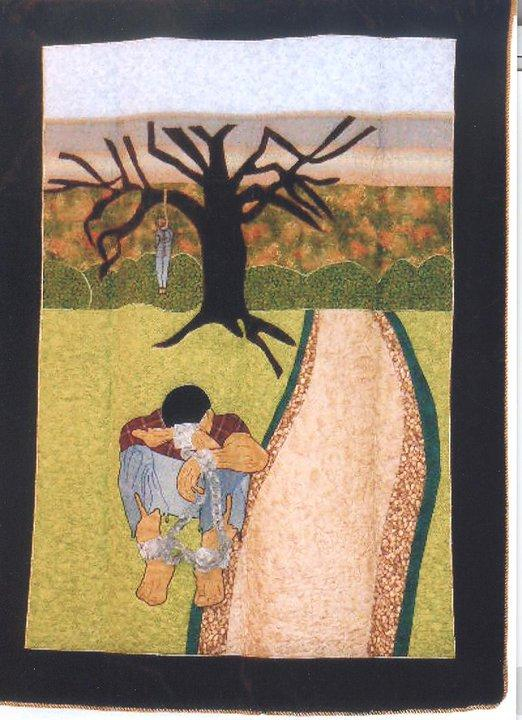
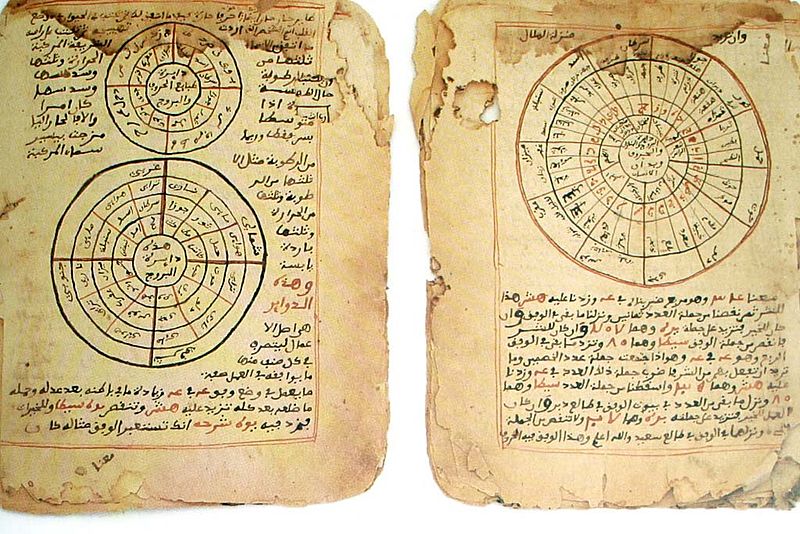
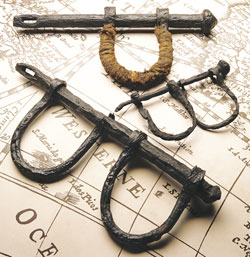


Comments Are Welcome
Note: We moderate submissions in order to create a space for meaningful dialogue, a space where museum visitors – adults and youth –– can exchange informed, thoughtful, and relevant comments that add value to our exhibits.
Racial slurs, personal attacks, obscenity, profanity, and SHOUTING do not meet the above standard. Such comments are posted in the exhibit Hateful Speech. Commercial promotions, impersonations, and incoherent comments likewise fail to meet our goals, so will not be posted. Submissions longer than 120 words will be shortened.
See our full Comments Policy here.